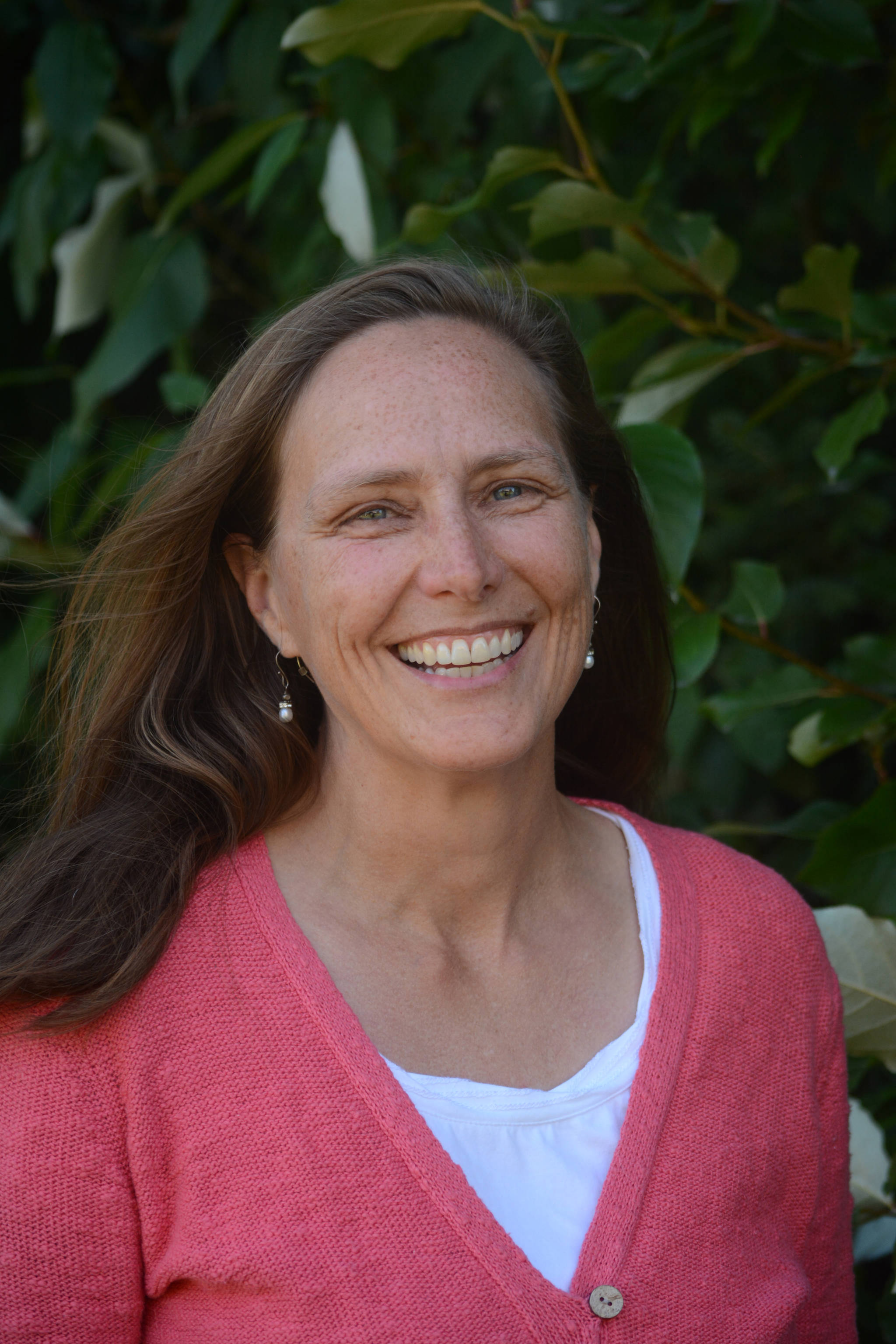To paraphrase the 1982 punk rock song by the Clash, “Should they stay or should they go?”
On Tuesday, Homer voters ask themselves that question in a special election not held since 1965 when citizens were asked to recall founding mayor Ralph Cowles. That recall failed, 194-157.
Placed along city roads in front of homes and businesses, red signs saying “Homer has heart! Vote for responsibility, accountability, and truth” duel with blue signs that say “Stand up for freedom of speech! Vote no on the recall.”
The ballot asks three separate questions: Shall Donna Aderhold, David Lewis and Catriona Reynolds be recalled from the office of Homer City Council. A “yes” vote removes them. A “no” vote lets them keep their office. Voters choose yes or no for each council member, and can recall all, none or some of the council members.
The recall came about after the three sponsored Resolution 17-019, the so-called “inclusivity” or “sanctuary city” resolution. The resolution as presented to the council had been changed from a draft resolution written by citizen activist Hal Spence and circulated on social media by another activist, Jeremiah Emmerson. Spence’s version contained “whereas” clauses critical of President Donald Trump, and discussion led to an uproar among Homer conservatives.
After hours of public testimony, most of it against the resolution, the council voted it down 5-1, with Reynolds voting yes. That didn’t end the controversy. Within weeks a recall group filed a petition to circulate and got sufficient signatures to put to the voters the question of recalling Aderhold, Lewis and Reynolds.
Last month, Superior Court Judge Erin Marston refused to grant a motion by the three council members against the city seeking to stop the election. With the assistance of the American Civil Liberties Union, Alaska, the plaintiffs alleged the grounds cited in the recall petition violated their constitutional rights to freedom of speech.
The city argued that while it made no judgment on the merits of the recall allegations, that decision should be made by the voters. Alaska’s recall statutes, upon which the city’s recall rules are based, says public officials can be recalled for cause. Judge Marston said that statute should be interpreted liberally in favor of the voters.
The petition written by a group led by Michael Fell, Larry Zuccaro and Lari Fancher, says that the three are “proven unfit for office” because they prepared Resolution 17-019 and an earlier resolution, Resolution 16-121, a resolution in support of the Standing Rock Tribe in its battle against the Northern Dakota Access Pipeline.
The three voted for Resolution 16-121, as did Mayor Bryan Zak, who broke a tie vote passing it. The text of Resolution 17-019 “stands in clear and obvious violation of oath of office,” the recall sponsors asserted. By backing those resolutions, they used the city council office “as a platform for broadcasting political activism,” which is “unlawful, unethical, and outside the bounds of permissible conduct in public service.”
Sarah Vance, a spokesperson for Heartbeat of Homer, the political action group supporting the recall, declined to comment on why Zak also wasn’t targeted in the recall.
A second ground claims that “irreparable damage” was done by the draft of Resolution 17-019 being made public and widely distributed on social and news media “and publicly promoted as conspicuously drafted by and representing the city of Homer.” Aderhold, Lewis and Reynolds all deny sharing the draft resolution on social media. Emmerson admitted that he did that on his own initiative.
The recall sponsors alleged a third ground for recall, saying the council members participated in political activity prohibited by city code, but the city clerk tossed out that assertion, saying there was no election in effect this spring and thus they could not participate in political activity as defined in code.
The election canvass board meets on Friday, June 16, to count absentee and special needs ballots. The Homer City Council, including council members Aderhold, Lewis and Reynolds, meets in a special meeting on June 19 to certify the election.
If the council members have to declare a conflict of interest and cannot vote, thus falling below the minimum number of four members to take action, it remains unclear how the “rule of necessity” in the city code applies. City Clerk Melissa Jacobsen said in an email on Tuesday that she’s waiting to hear from the city attorney for guidance.
The ballot includes the full language of the sponsor’s statement and each council member’s response. The Homer News offered the recall sponsors and the three council members the opportunity to explain in 600 words or less their positions. For their columns, see page 5.
Michael Armstrong can be reached at michael.armstrong@homernews.com



